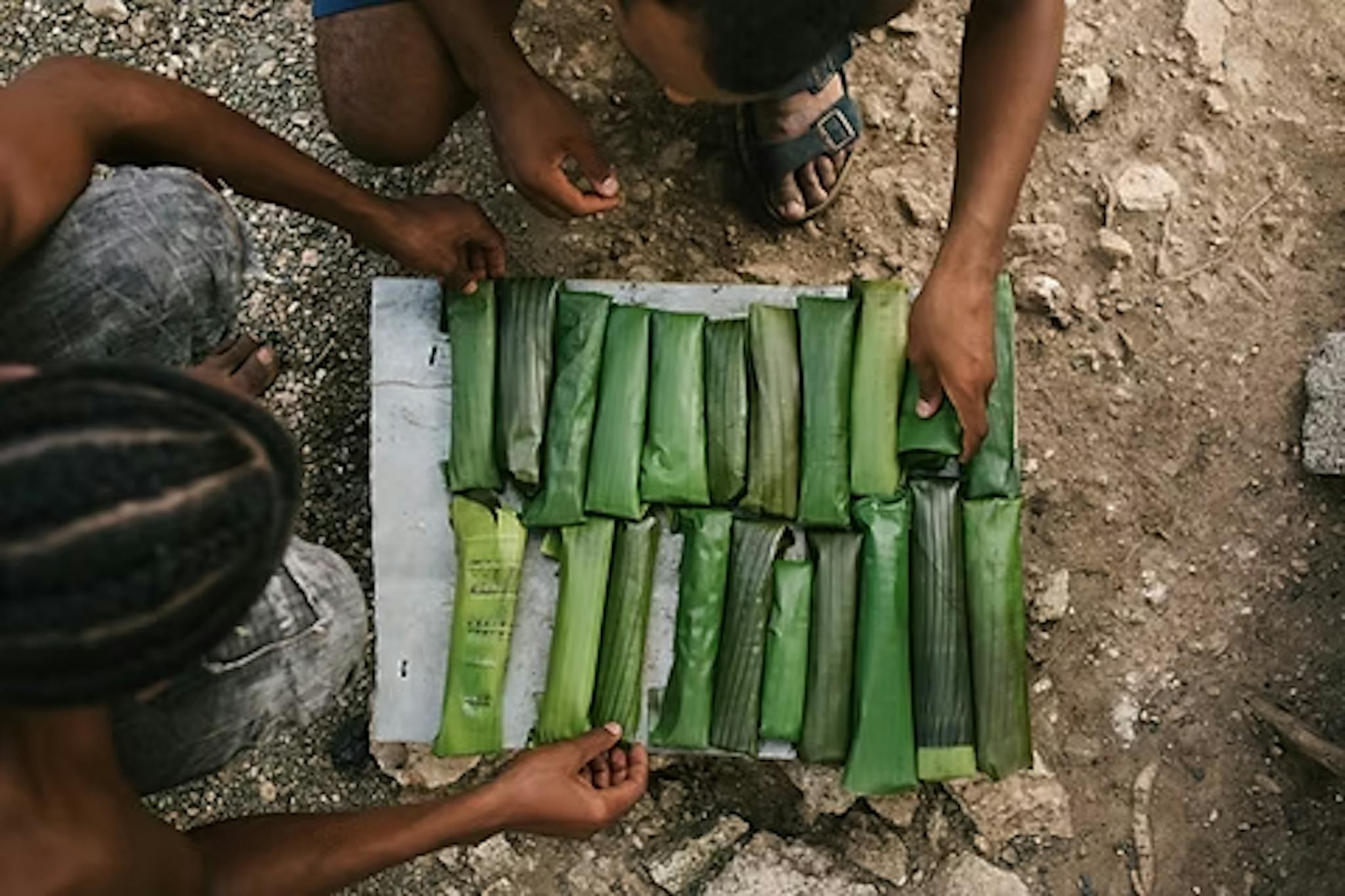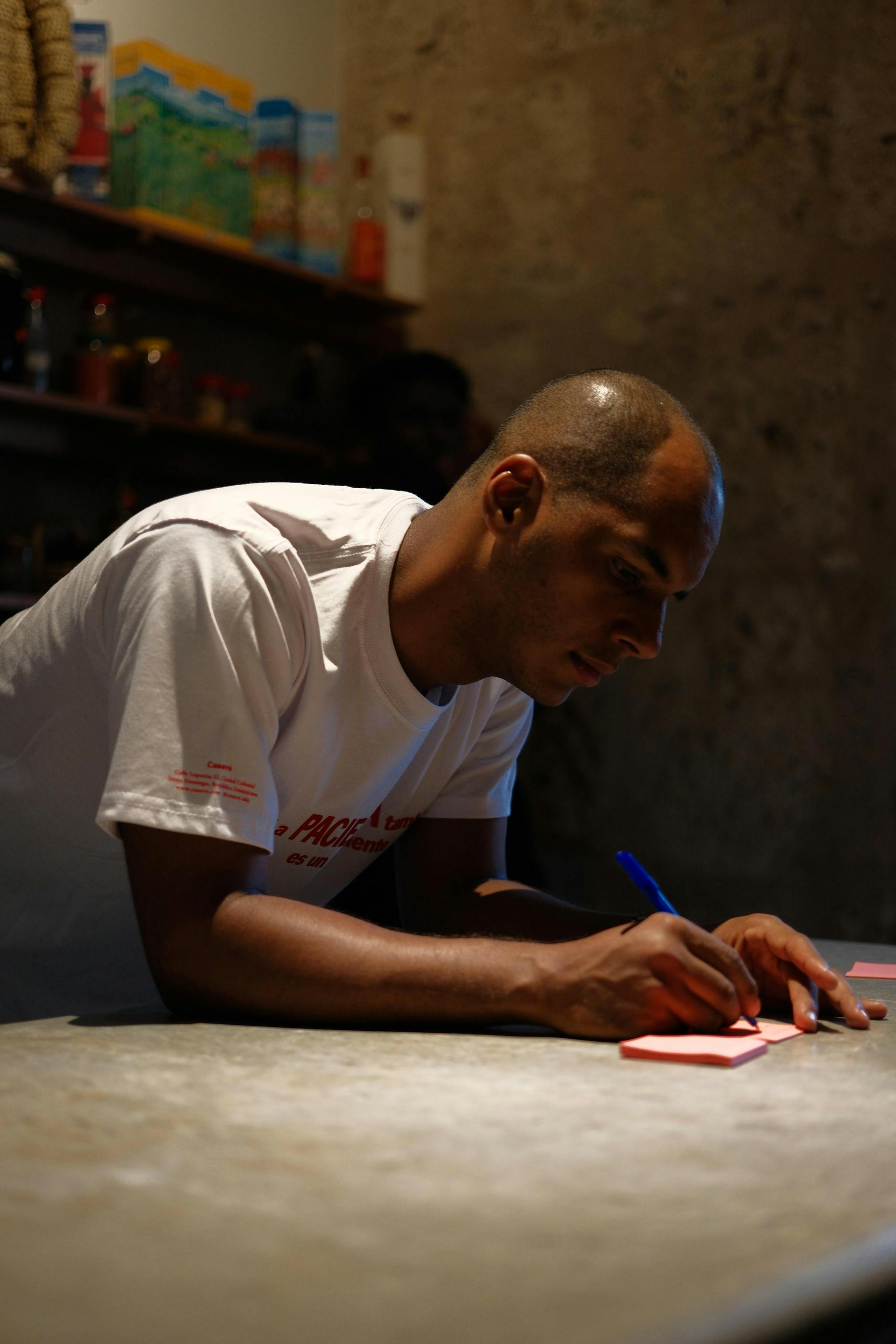



I am the founder of Casarré, a restaurant in the Zona Colonial of Santo Domingo; a place not conceived not just as a culinary destination but as a platform for exchange, design, and culture. My work in recent years has focused on themes of identity, space, and community—both here in the Dominican Republic and beyond. Casarré is a reflection of these ideas: a place where food is more than an experience; it is a narrative that captures the landscapes, traditions, and dynamics that define our region.
Ich bin der Gründer von Casarré, einem Restaurant in der Zona Colonial in Santo Domingo, das nicht nur gastronomischer Ort sein soll, sondern als Plattform für Austausch, Design und Kultur. In den letzten Jahren habe ich mich stark mit Fragen von Identität, Raum und Gemeinschaft auseinandergesetzt – sowohl hier in der Dominikanischen Republik wie darüber hinaus. Casarré ist ein Ausdruck dieser Überlegungen: ein Ort, an dem Essen nicht nur ein Erlebnis, sondern auch eine Erzählung ist, die die Landschaften, Traditionen und Dynamiken widerspiegelt, die unsere Region prägen.
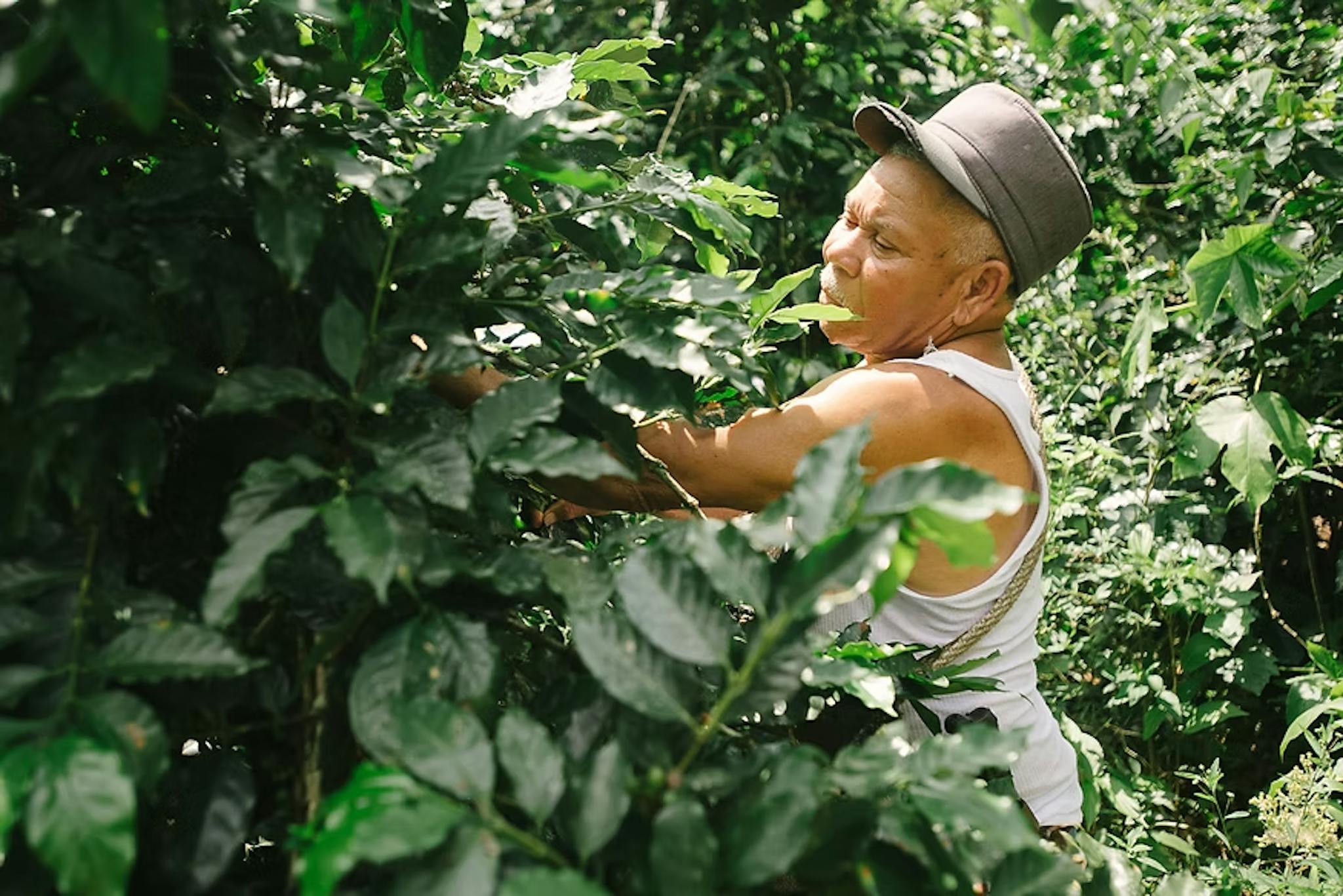
From this research and practice emerged the Comalo Foundation, a platform for interdisciplinary exploration and creative collaboration. Comalo explores material culture, art, and local craftsmanship, and aims at examining how design can foster a sustainable dialogue with rural communities. Alongside photographer José Rozón, co-founder of Comalo, we document these processes by regularly travelling to different regions to uncover knowledge, techniques, and narratives.
Aus dieser Forschung und Praxis heraus entstand die Comalo Foundation, eine Plattform für interdisziplinäre Forschung und kreative Zusammenarbeit. Comalo setzt sich mit Materialkultur, Kunst und lokalen Handwerkstechniken auseinander und hinterfragt, wie Design in einen nachhaltigen Dialog mit ländlichen Gemeinschaften treten kann. Gemeinsam mit dem Fotografen José Rozón, Mitgründer von Comalo, dokumentieren wir diese Prozesse und reisen regelmässig in verschiedene Regionen, um Wissen, Techniken und Narrative zu erforschen.


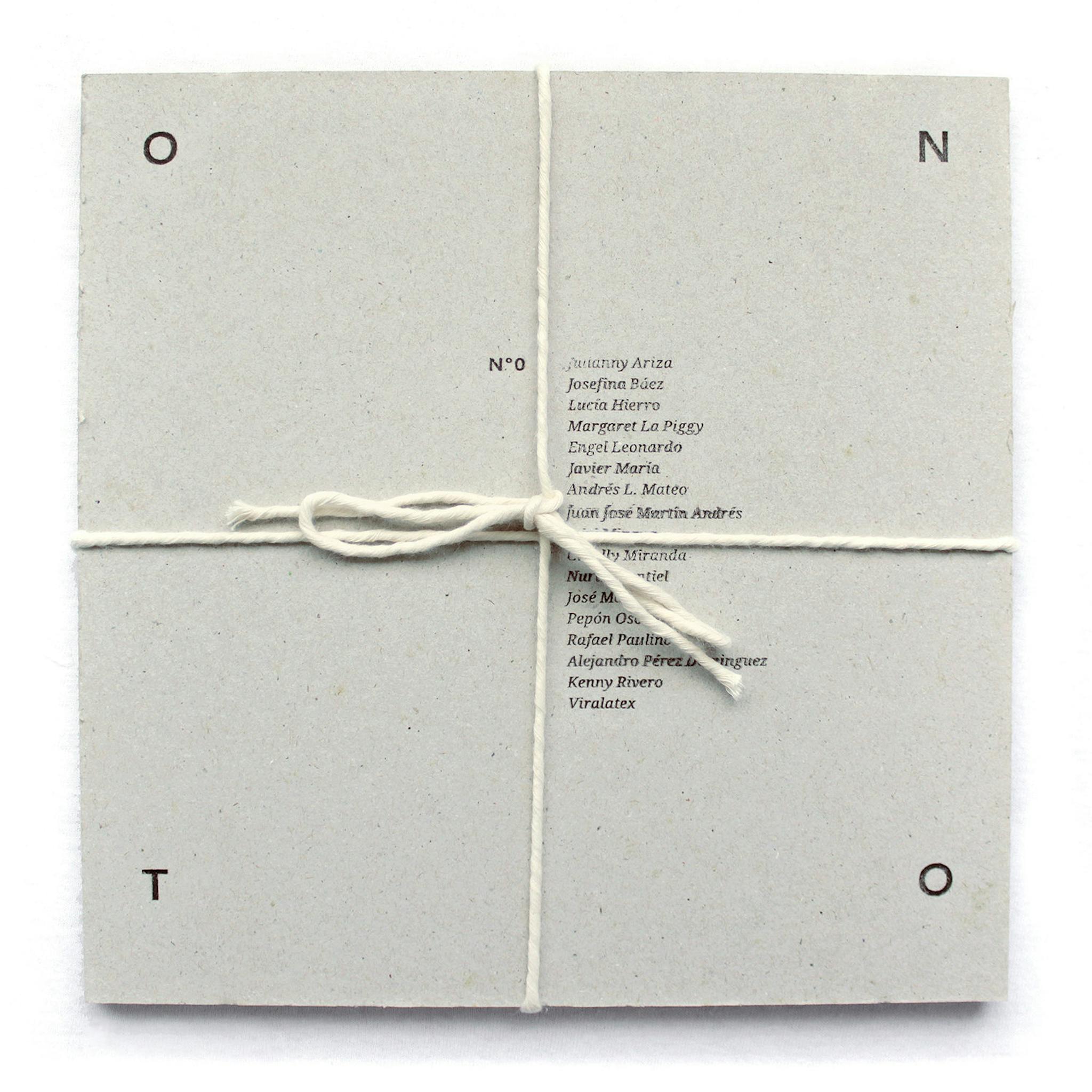
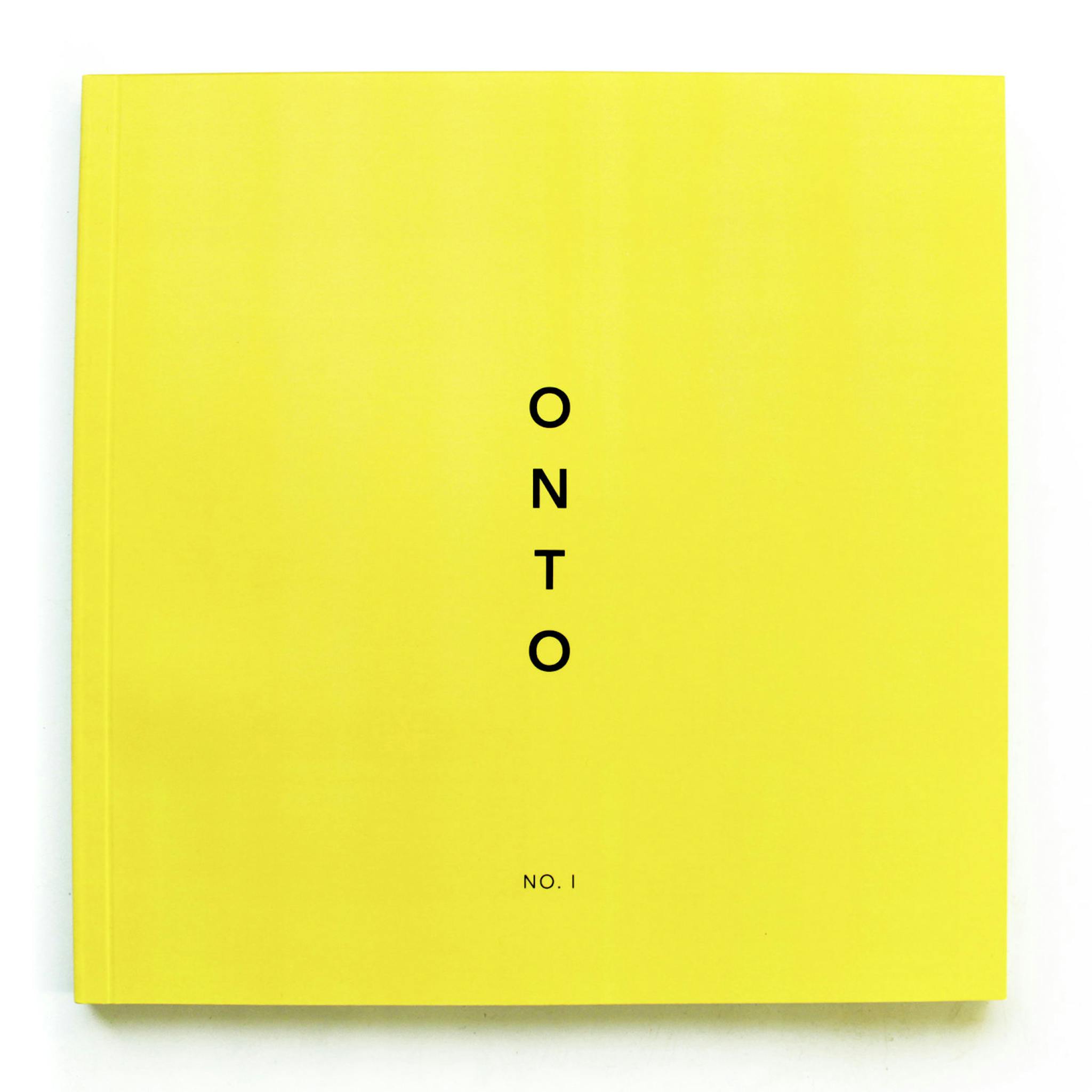
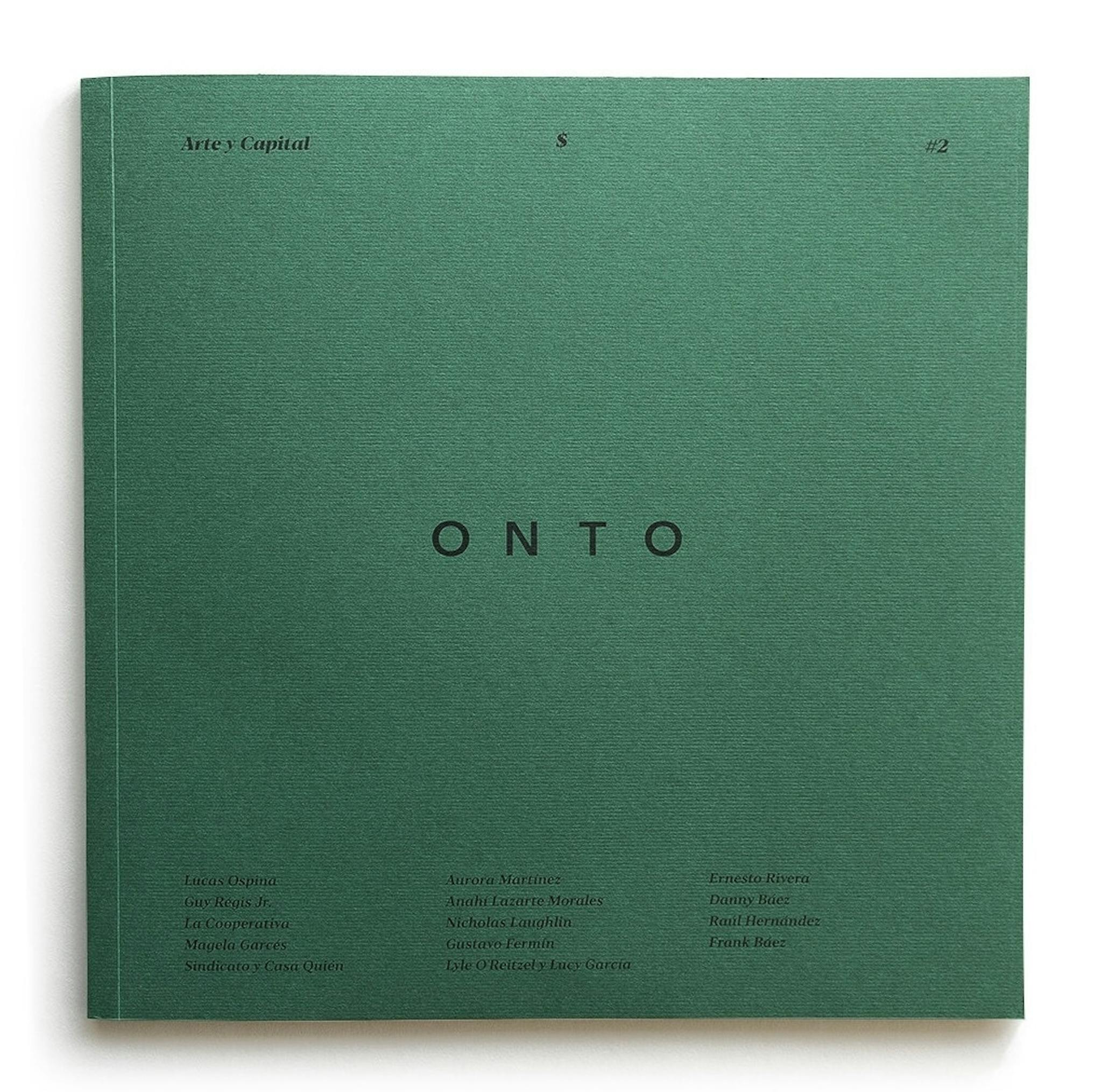
One individual whose work deeply inspires me is Yina Jiménez Suriel. As a curator, researcher, and writer, she deeply engages with the political dimension of archives, ecology, and the intersection of art and territory. Her work extends far beyond the traditional art world: she curated the Bienal del Mercosur, where she explored the connections between art, colonial history, and Caribbean identities. She is also part of the curatorial think tank The Current at Ocean Space in Venice, where she addresses issues of water ecologies, climate change, and the role of the Caribbean in these global discourses. Her work offers new perspectives on how artistic practice can contribute to challenging historical structures and developing alternative narratives—a perspective that also influences my own approach.
Eine Person, deren Arbeit mich besonders inspiriert, ist Yina Jiménez Suriel. Als Kuratorin, Forscherin und Autorin setzt sie sich intensiv mit der politischen Dimension von Archiven, Ökologie und der Überschneidung von Kunst und Territorium auseinander. Ihre Arbeit geht weit über den klassischen Kunstbetrieb hinaus: So war sie als Kuratorin an der Bienal del Mercosur beteiligt, wo sie sich mit den Verbindungen zwischen Kunst, Kolonialgeschichte und karibischen Identitäten auseinandersetzte. Zudem ist sie Teil des Think-Tanks The Current am Ocean Space in Venedig, wo sie sich mit Fragen von Wasserökologien, Klimawandel und der Rolle der Karibik in diesen globalen Diskursen beschäftigt. Ihre Arbeit eröffnet neue Perspektiven darauf, wie künstlerische Praxis dazu beitragen kann, historische Strukturen zu hinterfragen und alternative Narrative zu entwickeln – eine Herangehensweise, die mich auch in meiner eigenen Arbeit begleitet.
